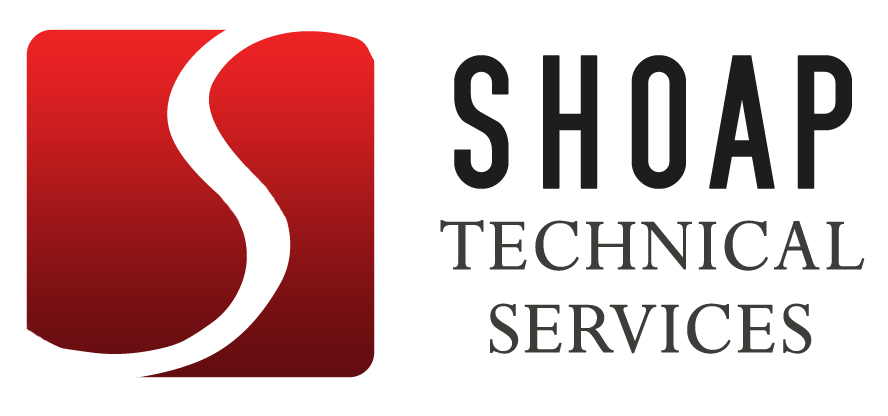In technical writing (as well as other areas of life), having a smartphone on me has saved my butt on more than one occasion, and not just for looking up directions to a client site or doing some quick on-the-spot research on some byzantine technical topic that I need to understand.
Category: Process
Quality in Technical Writing
In the twenty-five years we’ve been in business, most of our clients have been easy to work with. They mostly appreciate the work we deliver and seek our advice, what you’d expect from consulting. There are exceptions, of course, but given all the companies we’ve touched over the years, there have been few that we’ve regretted ever having met.
Why We Write
Whenever I can squeeze an hour out of the month, I like to attend the TAG (Technology Association of Georgia) presentations of what they call technology “Rock Stars.” This past week, Val Rahmani from Damballa spoke about her experience moving from almost 30 years at a large corporation to running an internet security start-up.
Click the link below for a perfect example of why it’s important to keep your documents up to date.
http://www.ajc.com/business/delta-apologizes-for-bumping-827880.html
What does it cost?
The first real question I get when talking to a prospect about technical writing or creating training materials – after the “personal” pleasantries – is “what’s it going to cost?” Of course, the question is usually qualified by “I know you can’t give me an exact price” or “I’m sure you’ll need a bit more information before you can quote the project” but bottom line, everyone wants to know how much they’re going to have to pay.
No surprise there.
The Work Management Process is an initiative of one of our clients to standardize the process of work identification, planning, and completion at power plants the Company owns and operates. This process aims to transition work activities at power plants from a reactive to a planned mode, thereby improving asset reliability and lowering costs.
The purpose of this training is to present an overview of the Work Management Process either as a refresher for existing employees or as an introduction for new employees.
The training is broken down into six lessons, each of which correspond to a particular step within the Work Management “Wheel.” Unlike a training course delivered via a learning management system, this training is completely open-ended so learners are free to explore and learn at their own pace.
Although this training is open-ended, some managers wanted their employees’ progress to be tracked to test their mastery of the content. Learners can directly link to a short quiz stored within an online learning management system from the Work Management Process Training site.
Goals and Objectives
The original Work Management Process Training existed as a 180-page document that learners had to read. Once our Technical Communications project team got our hands on that, we all recognized that we had an opportunity to create a unique eLearning experience from this training.
The primary goal of the training site is to create an interactive, online resource that employees can visit to learn about the Work Management Process. Using a simple design, contextual links and actions, drill-down exploration of content, and leveraging interactive learning experiences, our training site easily stands out as a technology-based learning site unlike any other training initiatives we have created in the past.
Aberdeen Group completed a study earlier this year that indicates when technical communications are approached strategically, companies provide significant customer-facing value. – David Houlihan, Senior Research with Aberdeen’s Product Innovation and Engineering Practice.
… we have come to value … working software over comprehensive documentation…
We don’t do a lot of work with practitioners of agile methodologies. I think that’s partly because there’s some built-in hostility towards documentation in the values of agile development. Of course, while the Agile Manifesto is referring mostly to documentation for the front end of the cycle (i.e., the giant FRS), that hostility ends up spilling over to end-user documentation as well. (I don’t think that was the intention.)
It is often difficult to know what the priorities are when creating a successful new program. As a project manager for Shoap Technical Services, I have a fair amount of experience initiating new projects. Over the years, I have developed a few key “rules” for every project. While I could just go through my list and explain why I think each rule is important, I think it is easiest to learn through experience, so I have illustrated them through a case study of a recent project.
